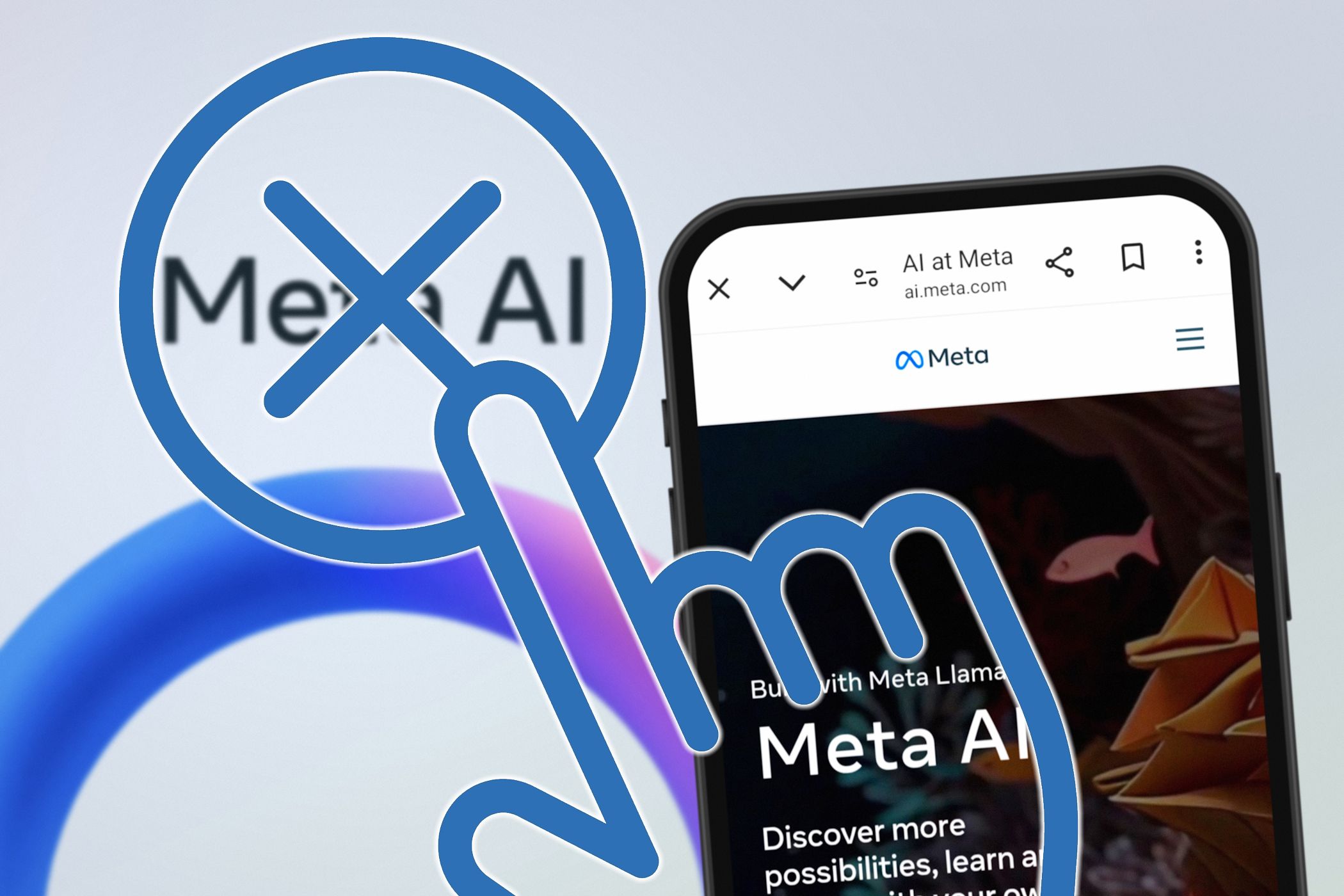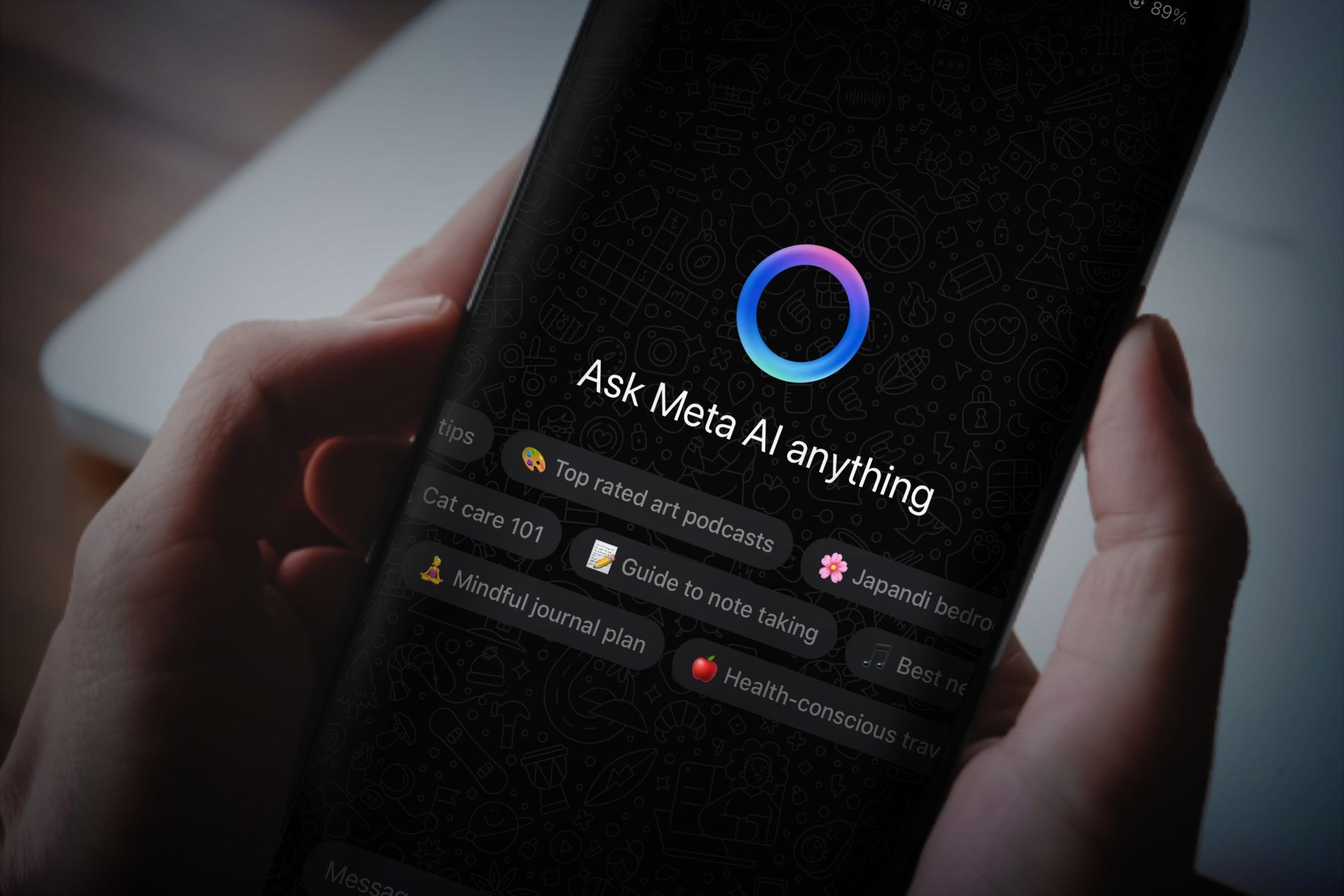WhatsApp just got a shiny new trick: Meta AI will now peek at your unread messages and spit out a quick summary. Meta is pitching it as an optional feature that lives in the cloud but somehow stays private thanks to “Private Processing.”
Sounds neat, but it also means Meta AI is technically reading your chats—encrypted or not.
AI Summaries Land on WhatsApp
The feature’s already live for some US users. Open a chat with unread messages, and you’ll see the usual counter flash, this time with an AI badge that reads Summarize Privately. Tap it, and the badge expands into a bullet-point recap of the unread messages.
Message Summaries uses Meta’s Private Processing framework, which executes AI computations inside a hardware-backed Trusted Execution Environment (TEE) on Meta’s cloud servers. Within that enclave, your unread messages are decrypted, summarized by Meta AI, then immediately discarded—allegedly never seen by anyone at Meta or stored in any database.
End-to-end encryption still protects your messages in transit. However, enabling Private Processing briefly lifts that encryption inside the secure enclave so the AI can read your chats. Outside of that enclave, everything remains encrypted. Or so Meta says.
Encrypted, but Exposed?
Cloud-based AI processing always raises eyebrows. Assuming that Meta itself doesn’t collect the data. Even a watertight enclave can be hacked or legally compelled.
While Meta touts that it never stores your summaries, WhatsApp’s backup history tells us that privacy isn’t their first priority: until September 2021, chat backups went unencrypted to iCloud and Google Drive, meaning anyone with access to those clouds, or served a subpoena, could read your entire chat archive.

Related
You Need to Change This Setting Immediately If You Use Meta AI
Meta AI is sharing your prompt history, and you might not even realize it’s happening.
This isn’t the first time Meta’s AI tripped over privacy. Not long ago, the WhatsApp AI helper confidently handed a private user’s number to a total stranger asking for train info. When confronted, the AI balked, lied about “fictional” digits, and deflected responsibility.
Even if the AI never hoards your actual messages, it quietly hoovers up metadata; it tracks which chats you ask it to summarize, how often you lean on it, and in what context you call for a roundup.
That usage pattern is gold for behavioral profiling, sketching out everything from which family drama you’re most invested in to which work conversations you’re ghosting.
The Illusion of Optional
Meta insists these AI summaries are opt-in, but you and I both know how feature rollouts really work. One day you notice a little AI badge in your chats, the next it’s blinking insistently every time you open the app. Granular controls live three menus deep, so most people will just click “Accept” and wonder why their app feels different. Optional in name only, really.
Similarly, it would be naive to think this stops at summaries: once the plumbing is in place, Meta can slide in smart replies, live translation, or cross-chat analysis under the guise of “helping.” It’ll slowly stretch the original feature into a full-blown AI surveillance toolkit.
And privacy aside—what are we even doing as humans? You’re going to read an AI summary of your private chat, use AI to write a reply, then your friend’s AI summarizes your AI’s message and writes a new one, so you can read that summary? At some point, it’s just bots talking to bots while we skim the summaries.

Related
WhatsApp’s Meta AI Button Is Handy, but There Are 5 Reasons I Won’t Use It
The AI button nobody asked for but everyone got. Thanks, Meta.
Before you hit that toggle, ask yourself whether convenience is worth giving Meta AI more chances to peek at your chats. Trusting your privacy to a company with a spotty record isn’t a no-brainer—no matter how sweet those shortcuts look.





:max_bytes(150000):strip_icc()/twoku-twtich-roku-app-2053432b763a40d788ef726974d9ed2a.png?w=1174&resize=1174,862&ssl=1)

Leave a Comment
Your email address will not be published. Required fields are marked *